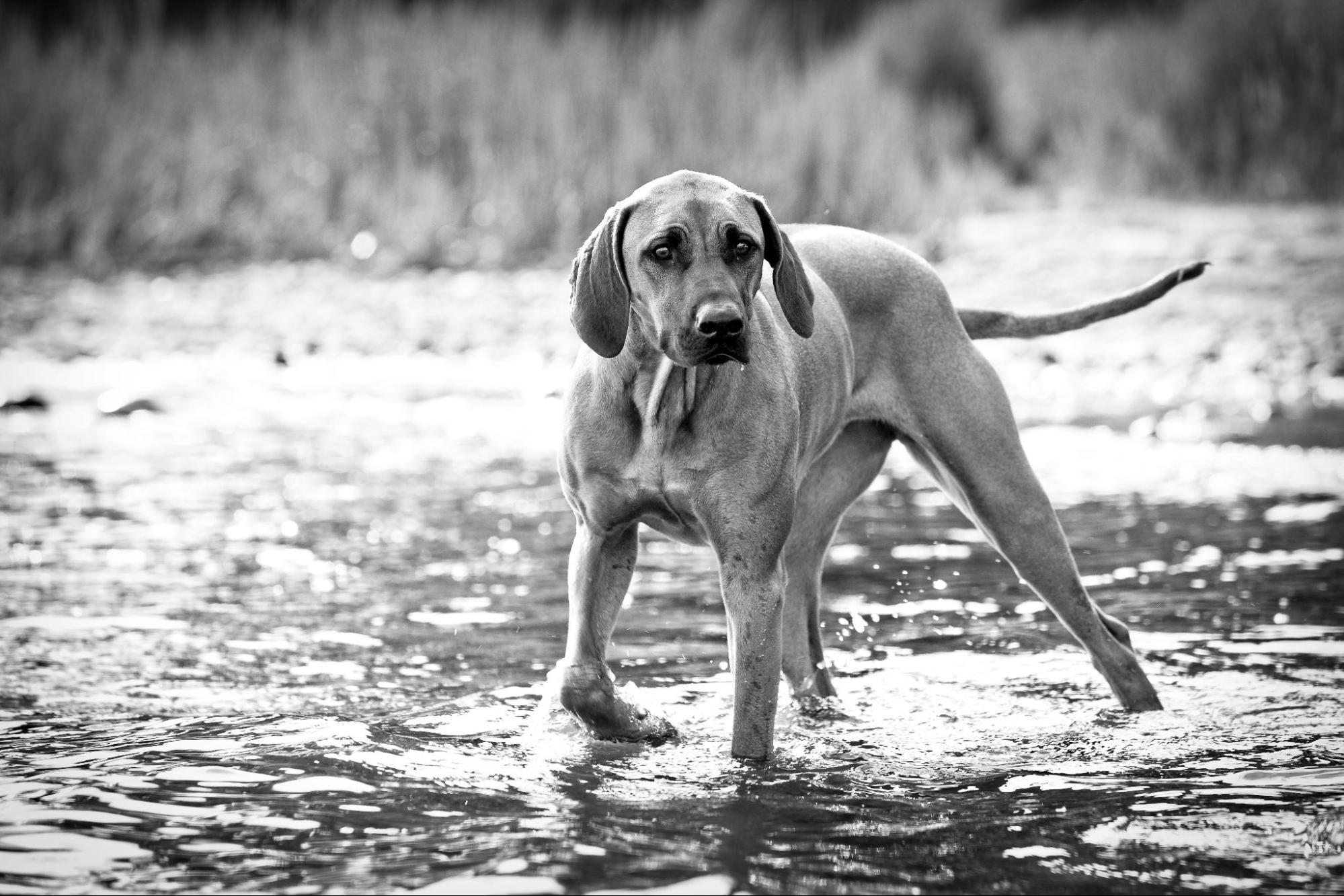How to Train an Older Dog Not to Bite
When it comes to training an older dog not to bite, there are common myths that can hinder the process. Labradors, being a popular breed, often fall victim to these misconceptions. In this article, I’ll debunk some of these myths and provide practical tips on how to train an older Labrador not to bite.
One common myth is that older dogs cannot be trained out of their biting habits. This couldn’t be further from the truth! While it may require more patience and consistency compared to training a puppy, older Labradors can still learn new behaviors. With the right approach and techniques, you can effectively address biting issues in your senior canine companion.
Another myth is that punishment is the key to stopping biting behavior in older dogs. Punishment-based methods can actually do more harm than good and may lead to fear or aggression in your Labrador. Positive reinforcement techniques, such as rewards and praise for good behavior, are much more effective in teaching your older dog not to bite.
In the following sections, we’ll explore proven strategies for training an older Labrador not to bite and dispel other common myths associated with this issue. By understanding the right approach and debunking these misconceptions, you’ll be well-equipped to ensure a safe and harmonious relationship with your mature Labrador companion.
So let’s dive into this topic head-on and equip ourselves with effective techniques for training an older Labrador not to bite.

Understanding Older Labrador Behavior
Labradors are known for their friendly and gentle nature, but as they age, certain behavioral changes may occur. It’s important to understand these changes in order to effectively train an older Labrador not to bite. In this section, I’ll discuss some common myths about older Labradors and provide insights into their behavior.
- Myth: Older Labradors cannot be trained
- Fact: While it may be true that older dogs can be set in their ways, they are still capable of learning new behaviors through training. With patience, consistency, and positive reinforcement techniques, you can successfully train an older Labrador not to bite.
- Myth: Biting is a natural behavior for older Labradors
- Fact: Biting is not a normal or acceptable behavior for any dog at any age. It’s important to remember that biting usually stems from fear, anxiety, or aggression. By addressing the root causes of biting and providing appropriate training and socialisation, you can help your older Labrador overcome this behavior.
- Myth: Punishment is the most effective way to stop biting
- Fact: Punishment-based methods can actually worsen aggression and fear-related behaviors in dogs. Instead of resorting to punishment, focus on positive reinforcement training techniques such as rewards, praise, and treats when your dog displays good behavior.
- Myth: Older Labradors will naturally outgrow biting tendencies
- Fact: Biting tendencies should never be ignored or left unaddressed with the assumption that your Labrador will outgrow them on their own. Seeking professional guidance from a certified dog trainer or animal behaviorist can help you address the underlying causes of biting and work towards correcting the behavior.
- Myth: You should avoid socialising an older Labrador with other dogs
- Fact: Socialisation plays a crucial role in shaping a dog’s behavior, regardless of age. Properly introducing your older Labrador to other dogs in controlled and supervised settings can help reduce fear and anxiety, leading to decreased biting incidents.
Understanding the unique behaviors and needs of older Labradors is key to successfully training them not to bite. By debunking these common myths and employing positive reinforcement techniques, you can create a safe and harmonious environment for your furry companion. Remember, patience and consistency are essential when working with an older dog, but with time and effort, you can help your Labrador overcome biting tendencies.
How to Train an Older Dog Not to Bite – Common Myths About Older Labradors
When it comes to training an older dog not to bite, there are common myths that can hinder the process. Labradors, being a popular breed, often fall victim to these misconceptions. In this article, I’ll debunk some of these myths and provide practical tips on how to train an older Labrador not to bite.
One common myth is that older dogs cannot be trained out of their biting habits. This couldn’t be further from the truth! While it may require more patience and consistency compared to training a puppy, older Labradors can still learn new behaviors. With the right approach and techniques, you can effectively address biting issues in your senior canine companion.
Another myth is that punishment is the key to stopping biting behavior in older dogs. Punishment-based methods can actually do more harm than good and may lead to fear or aggression in your Labrador. Positive reinforcement techniques, such as rewards and praise for good behavior, are much more effective in teaching your older dog not to bite.
In the following sections, we’ll explore proven strategies for training an older Labrador not to bite and dispel other common myths associated with this issue. By understanding the right approach and debunking these misconceptions, you’ll be well-equipped to ensure a safe and harmonious relationship with your mature Labrador companion.
So let’s dive into this topic head-on and equip ourselves with effective techniques for training an older Labrador not to bite.